Mathematician - Spiritual Powers - Tier 4
Quick Links:  Tier 1 |
Tier 1 |  Tier 2 |
Tier 2 |  Tier 3 |
Tier 3 |  Tier 4 |
Tier 4 |  Tier 5
Tier 5
Mathematicians are a scholarly character class. They have poor combat skills and low hit point accumulation. However, they have five Tiers of spells as well as a large number of spells within each Tier. By solving complex formulas, a Mathematician can create geometric structures from nothing, grant animating to inanimate objects, create protective barriers, and summon weapons of exquisite sharpness. Most formulas can be cast from a distance and thus allowing the Mathematician a better chance of surviving combat.
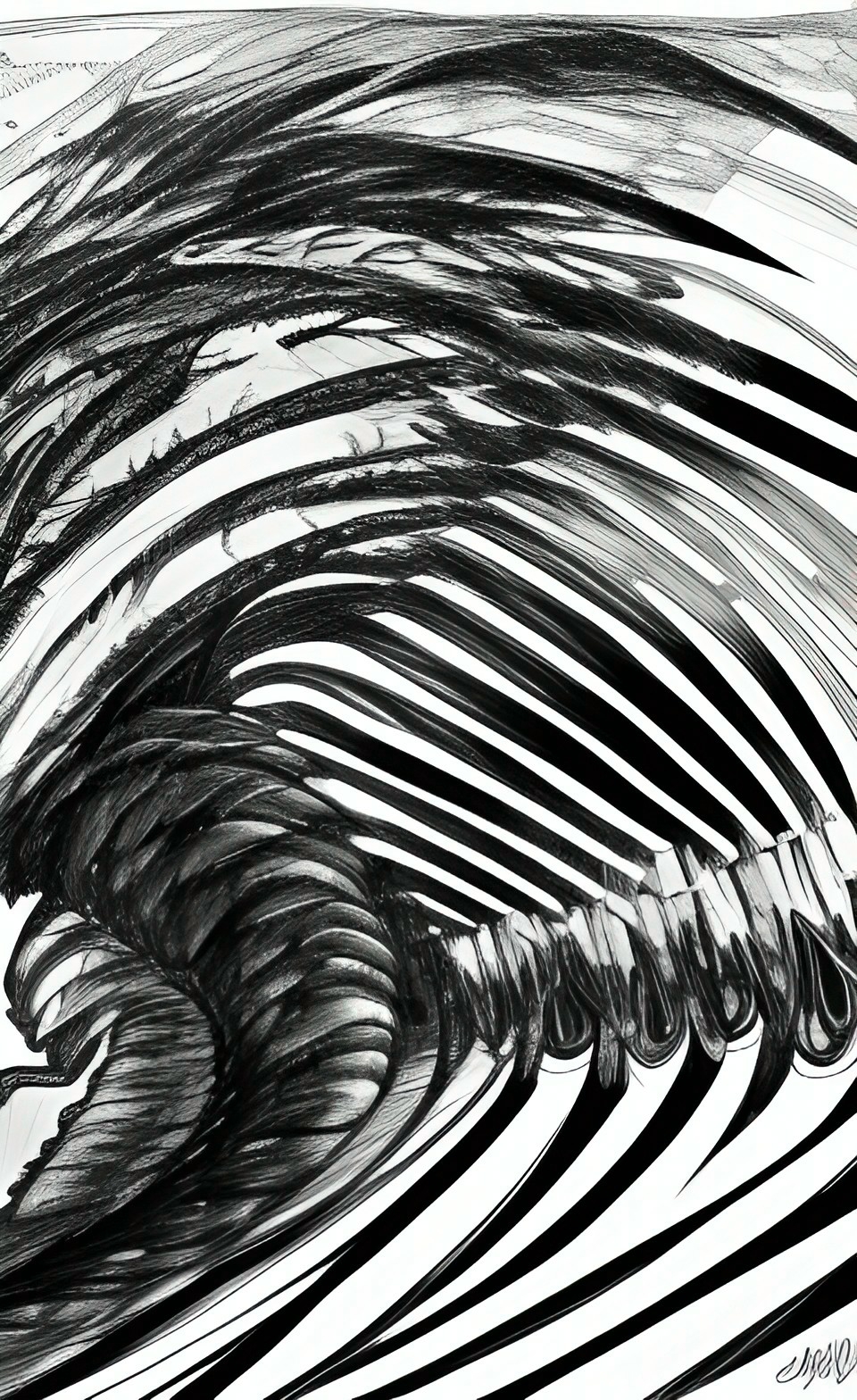 Fractal Shredder
Fractal Shredder
Changes from printed (book) version: This spell has been written from scratch and replaces "Monofilament Prison" (which has been discarded). The discarded formula was a "murder" spell.
 Geometric Staircase
Geometric Staircase
This formula allows the Mathematician to create a temporary staircase out of pure geometry. The size of the steps is at the discretion of the Mathematician. However, this spell can create a flight of stairs that is 10' long per level of the Mathematician. A segment of a Geometric Staircase has all of the same properties of other Geometric objects: Each summoned segment has a single structural point, has AC(5) with a bonus of +1 to AC per three levels starting at 3rd level, are transparent, and can be dismissed early if desired.
Changes from the printed (book) version: This spell now creates a 10' chunk per level, in keeping with other Geometric utility spells.
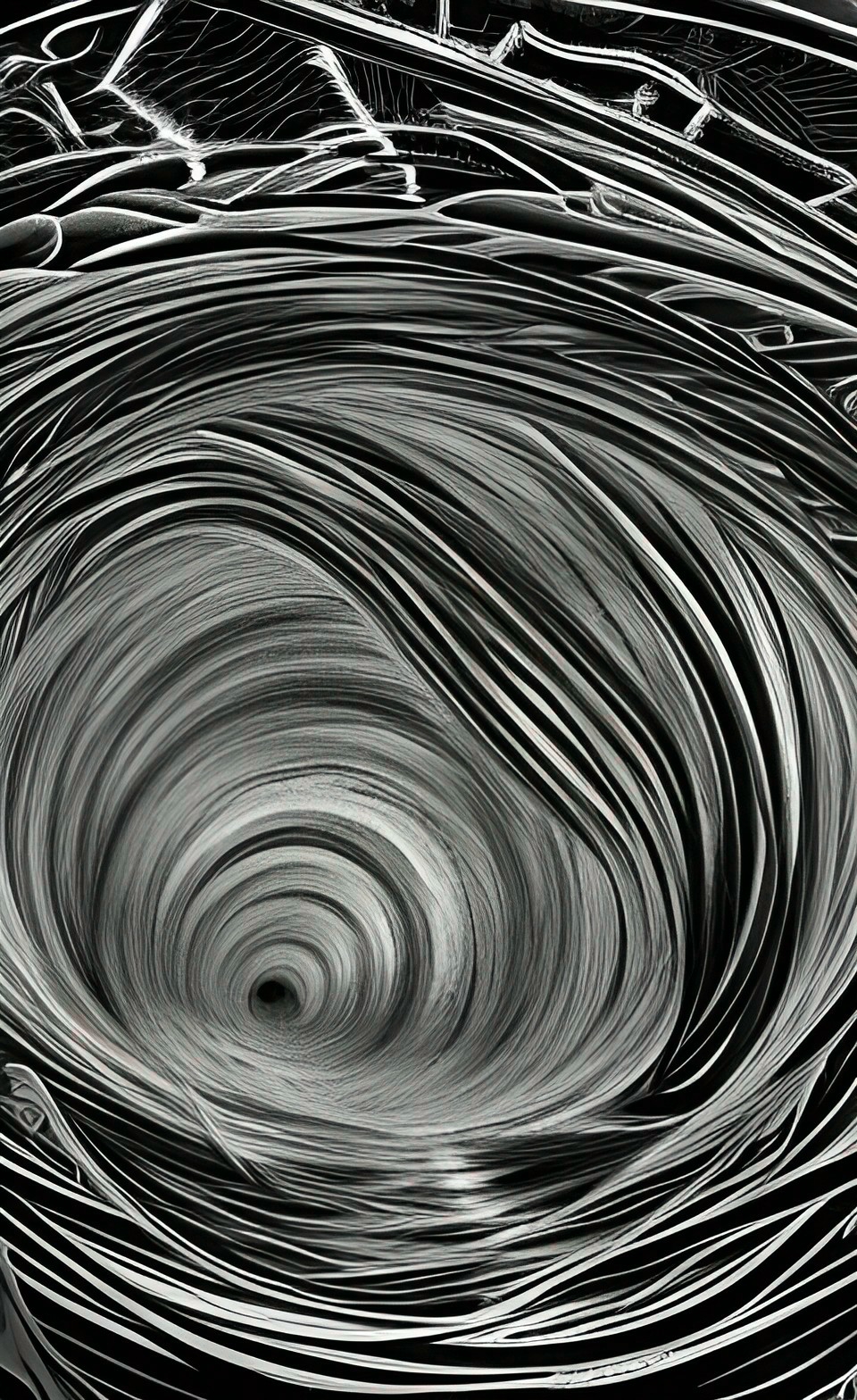 Imaginary Conduit
Imaginary Conduit
This formula allows the Mathematician to quickly sidestep a long journey by way of faster travel through the Imaginary Realm. The Mathematician can bring allies with him/her if they are in physical contact when the formula is completed. Thereafter, they must remain within 20' (or the Imaginary equivalent of 20') of the Mathematician to avoid being prematurely dropped into the material reality.
For each turn spent in the Imaginary Realm, the Mathematician must make an encounter check to determine if he/she encounters hostile entities. As usual, a d12=1 indicates a minor encounter whereas a d12=12 means that the Mathematician has attracted the notice of a powerful and hostile being. As with "Imaginary Monster" any damage incurred during combat with native beings is symbolic and does not represent actual damage to one's body. However, injuries cannot be disbelieved while translated to this plane of existence. Moreover, anyone brought to zero hit points or less is automatically ejected from the Imaginary Realm and remains comatose for one turn per hit point below zero. If the Mathematician is thus defeated, the whole party gets ejected from the Imaginary Realm.
It should be noted that premature ejection will not result in the characters' deaths, merely inconvenience. For example, an ejected character will not rematerialize inside solid rock, or inside a furnace, or a thousand feet up in the air. An ejected character could possibly get drenched by materializing on the surface of a lake or sea. The point of rematerialization will always be in line with the desired direction of travel.
If the formula is completely successful, the Mathematician (and his/her allies) rematerialize on solid ground at a random location that is within 500' of the actual desired location (in keeping with the game creator's prohibition against "murder" spells.)
Changes from the printed (book) version: There is no longer a 25% chance of the party being marooned in the Imaginary Realm. This spell can no longer be used to commit murder (i.e., to materialize in someone's bedroom and stab them as they sleep.)
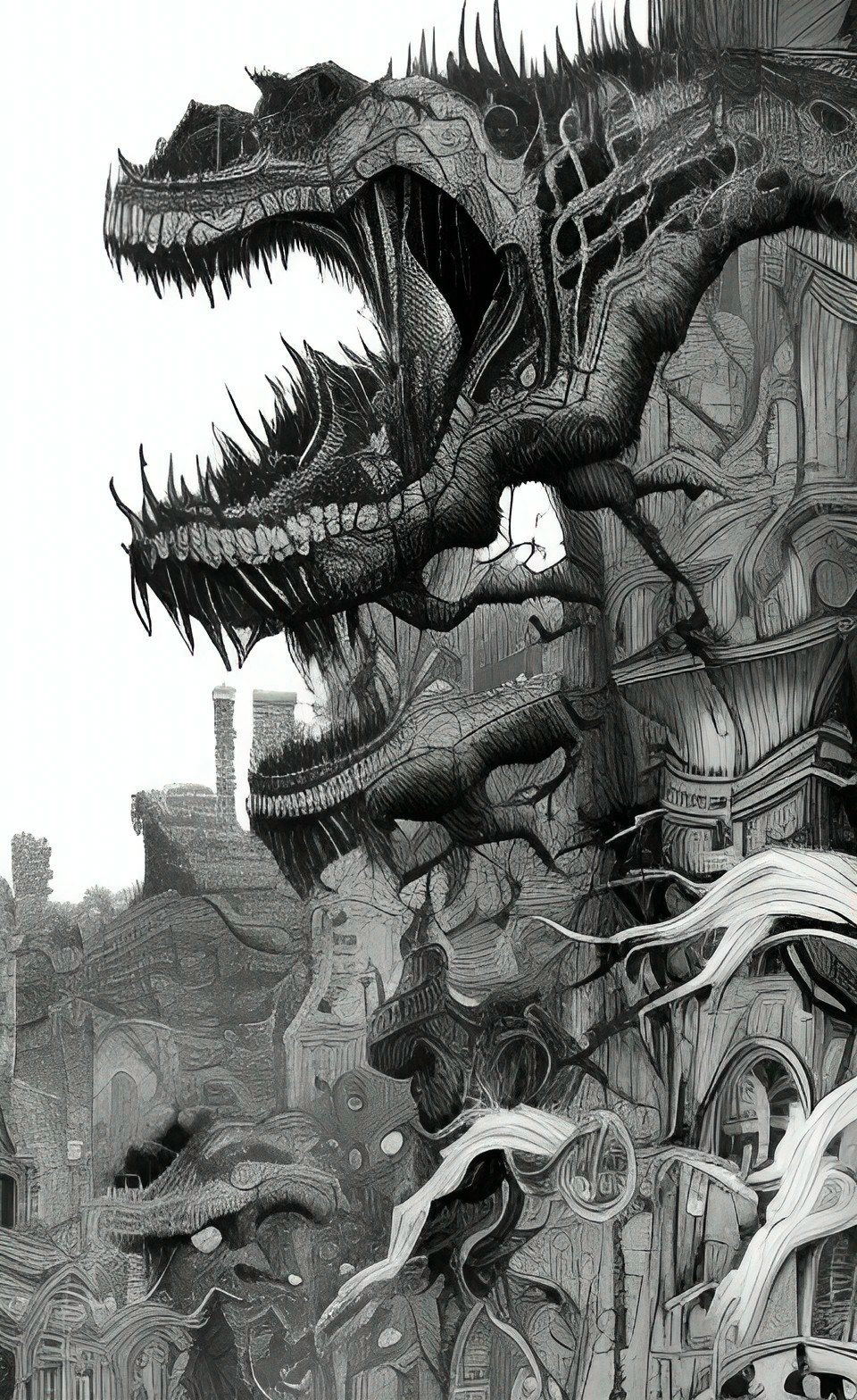 Imaginary Monsters
Imaginary Monsters
This powerful formula allows the Mathematician to open a portal to the Imaginary Realm, through which several monstrous creatures from that plane of existence boldly emerge. Because the monsters are imaginary, they take the form of the type of creature most likely to stoke fear in its target. For example, character might be afraid of rats, so the Imaginary Monster might take the form of a horse-sized rat, complete with festering sores and razor-sharp teeth. Or a character might be afraid of zombies, so the Imaginary Horror would manifest as a sickly, shambling corpse that moans about needing to eat the flesh of the living (and how hungry it is... ever so hungry!) Basically, the Imaginary Horror takes a superlative and exaggerated form of some creature that the target might find scary.
The Imaginary horror has the same Hit Points, BAtCh, checks, saves, damage (keyed to the best weapon the Mathematician has on his/her person) and modifiers as the Mathematician (since the formula is driven by the Mathematician's will). If the Mathematician is killed or knocked unconscious, the spell immediately ends.
The creatures inflict damage that seem to be real. However, the hit points lost are in fact imaginary. The blows feel real enough and the collateral damage is visibly apparent (ie. the bite mark from an Imaginary Horror masquerading as a zombie will immediately start to turn necrotic and the target will feel fever chills immediately). However, lost hit points are instantly returned once the spell ends. Of course, characters with detect/resist illusion might figure this out sooner than later. However, this formula is a great tool for making one's enemy waste ammunition and spells fighting creatures that only seem dangerous but in reality, are not.
Should the target of Imaginary Monster be "killed", he/she is so convinced of their death that they become comatose for one turn per hit point below zero. Thus, if a foe is felled by an Imaginary Monster and has a virtual health score of -6 hit points, he/she will be comatose for an hour. Healing spells cannot treat this problem because the subject isn't actually injured. However, spells that specifically heal the mind (such as a Changeling's empathy or a Gunslinger's Memory Trance) would allow the character to awaken sooner (per Game Master's discretion as to how much sooner).
As with other spells that derive power from the Imaginary Realm, this formula has no effect on Undead or ordinary Constructs. Such beings lack the required imagination to be successfully targeted.
Changes from the printed (book) version: This spell has been renamed "Imaginary Monster" from "Fractal Horror". This is because the monsters come from the Imaginary Realm and are not geometric constructions. The spell's effect now causes illusory damage with the possibility to incapacitate for several turns. the monsters are keyed to the Mathematician's stats instead of being an arbitrary value.
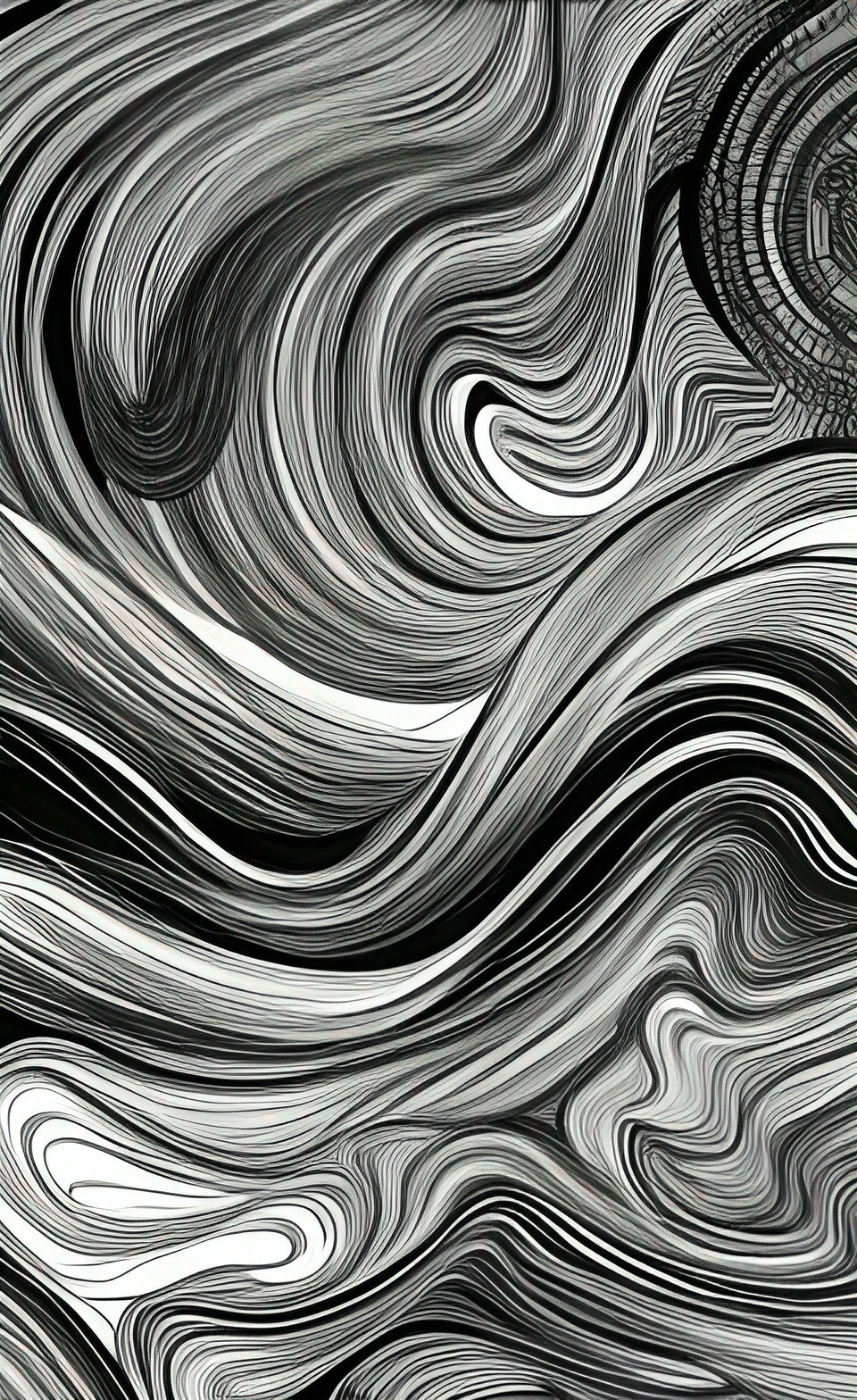
Impose Sine Wave
Changes from the printed (book) version: The list of possible applications has been increased. the spell now lasts for turns per level instead of rounds per level.
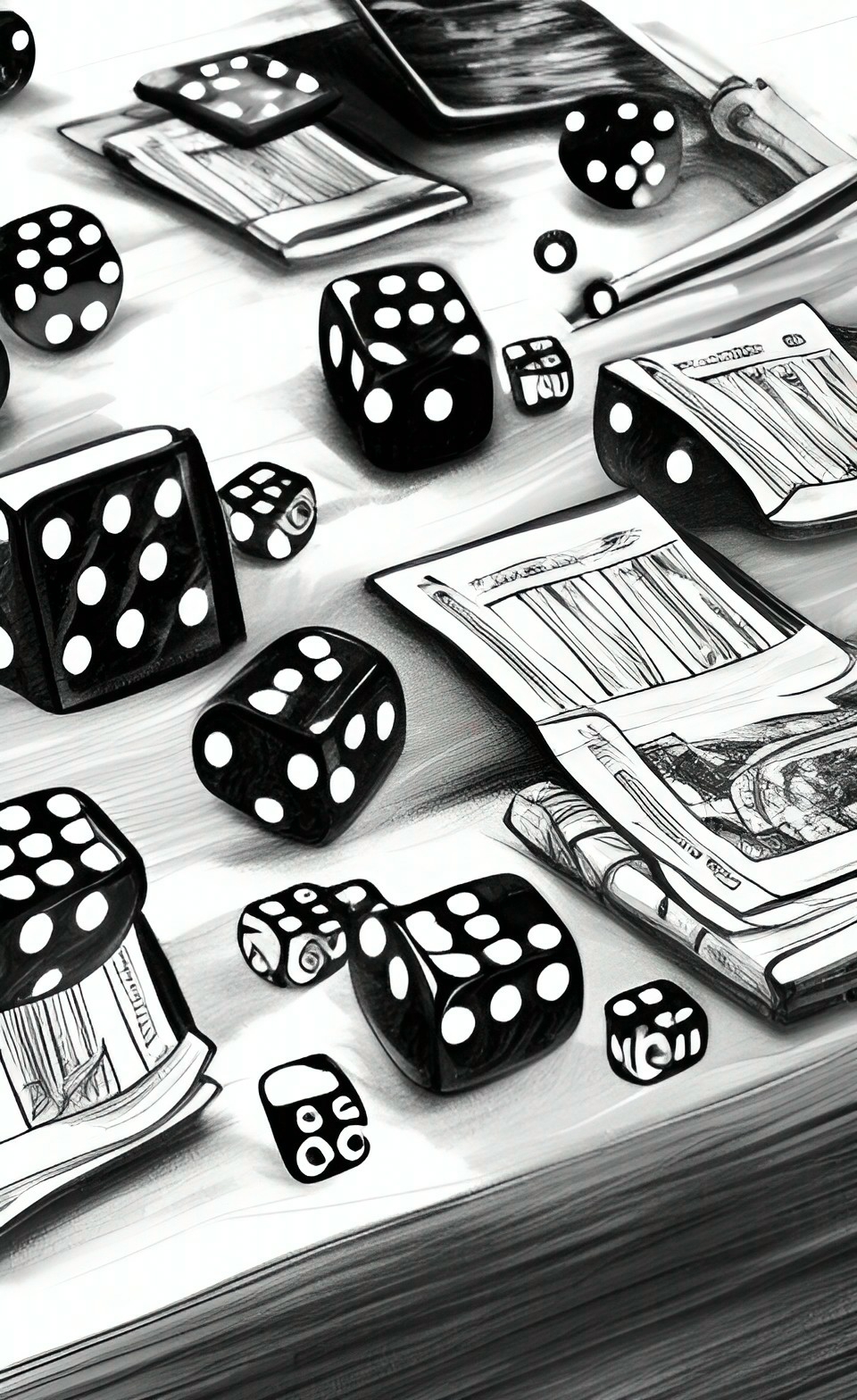 Infinite Improbability
Infinite Improbability
- D20 - Re-roll values of "1" and "20"
- D12 - Re-roll values of "1" and "12"
- Percentiles - Re-roll values of 01-05 and 96-00.
The Game Master may also rule that some of the flashier aspects of spells that cause randomly-generated effects are suppressed. Likewise, if this formula is cast in range of a poker game, the participants might find that their cards are of mundane configurations (no busted flushes and no full houses).
The Immortal Being known as The Dealer is specifically immune to this formula (his power is to always beat the odds). Likewise, the Immortal Being known as The Croupier is also immune (his is the power to make other people lose at gambling.
Changes from the printed (book) version: The area of effect is a square instead of a circle, in keeping with the theme of Mathematician spells.
 Monofilament Rapier
Monofilament Rapier
- Ordinary non-living matter: 1d8
- Living matter (and people): 2d8
- Energy-based shields not created by pure geometry: 3d8
- Constructs and geometric contrivances: 4d8
Changes from the printed (book) version: "Ranged touch attack" is explained; the damage is scaled more logically.
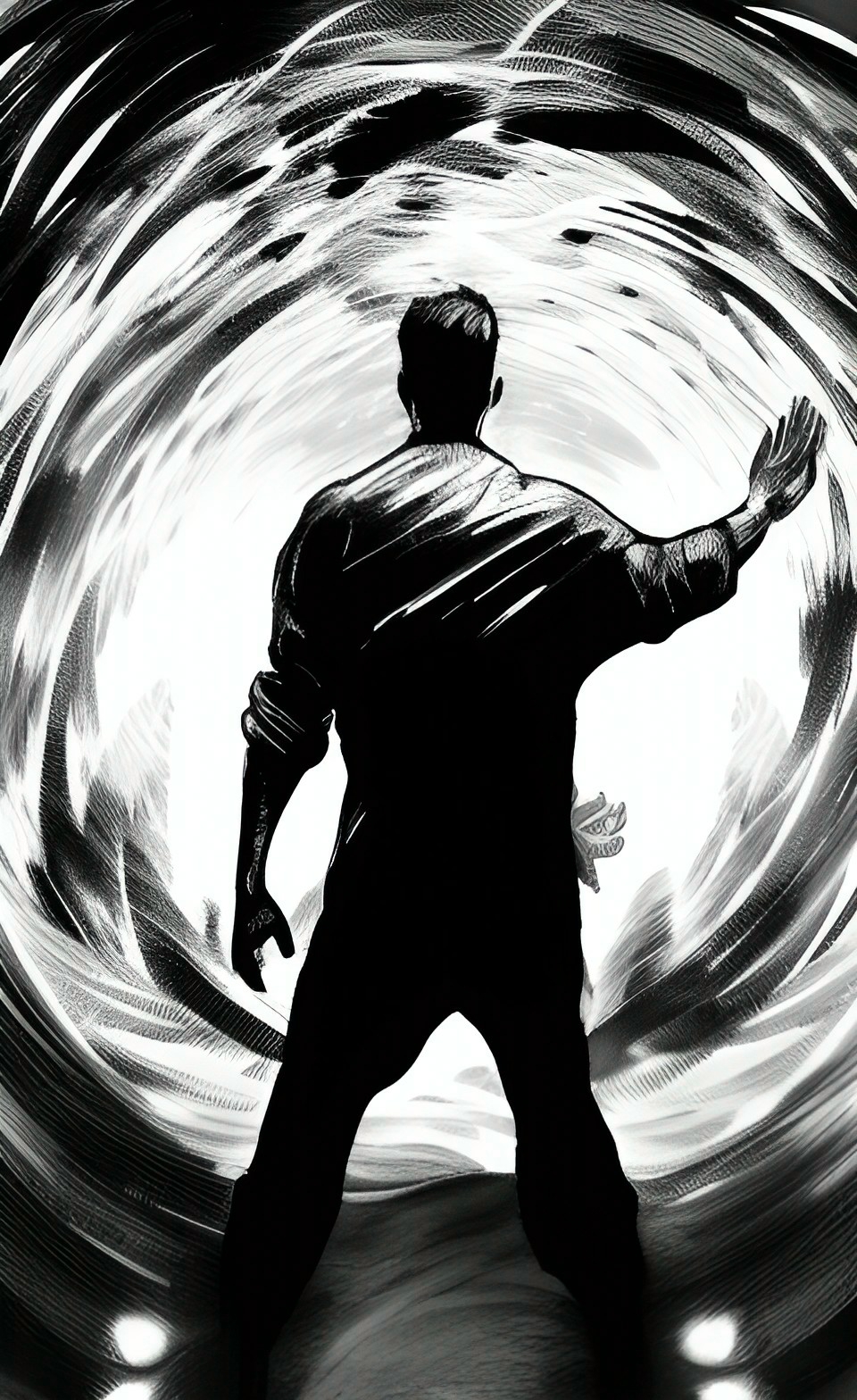 Personal Force Field
Personal Force Field
Changes from the printed (book) version: This spell replaces Shard Shield. The new version is simpler and offers more straightforward protection. Previous version provided randomized protection.
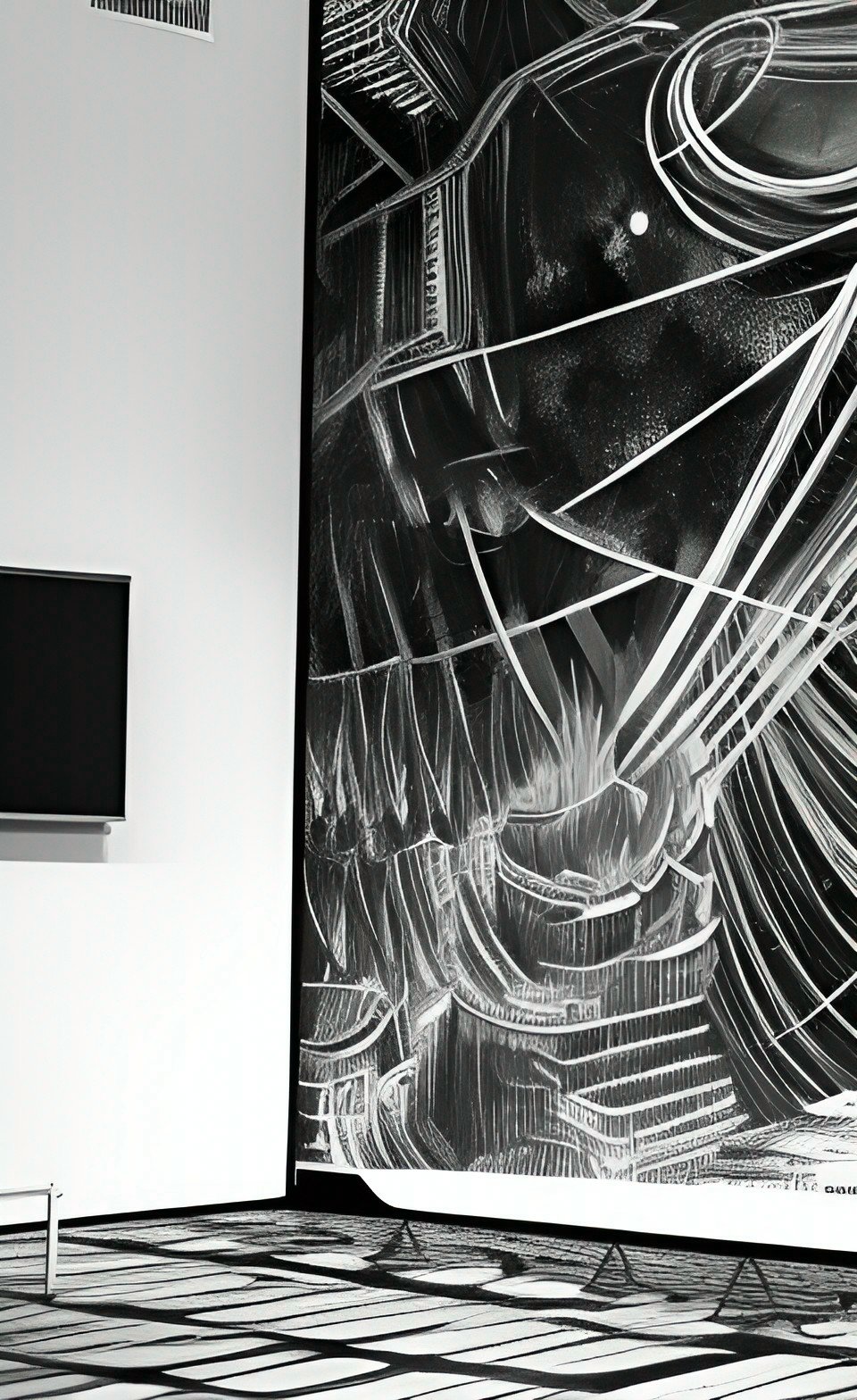 Projected Image
Projected Image
Changes from the printed (book): This spell has been repurposed as a teleconferencing spell.
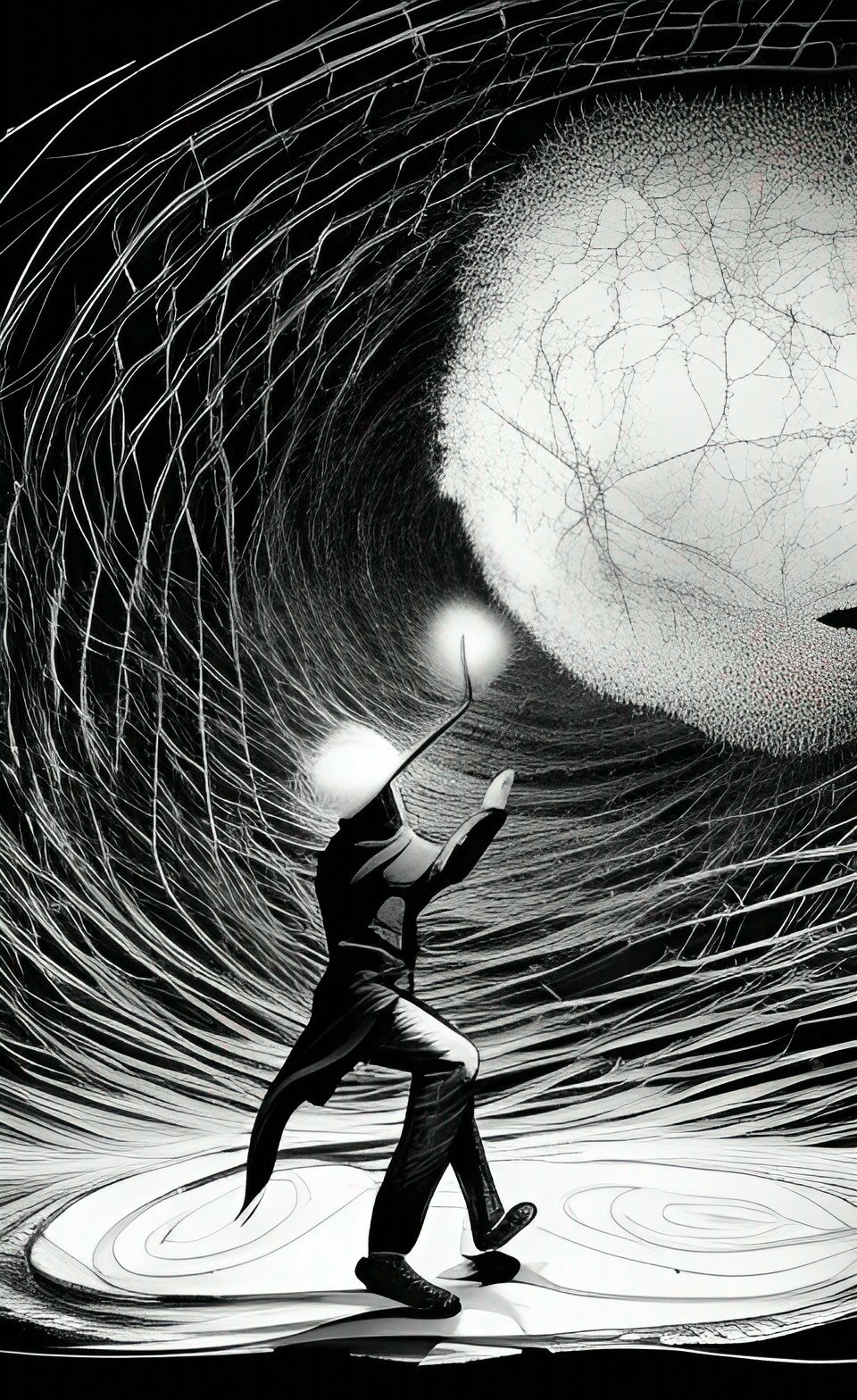 Spatial Translation
Spatial Translation
Changes from the printed (book) version: Spatial Translation no longer permits living beings to be teleported. To move living creatures, the Mathematician should use Imaginary Conduit.
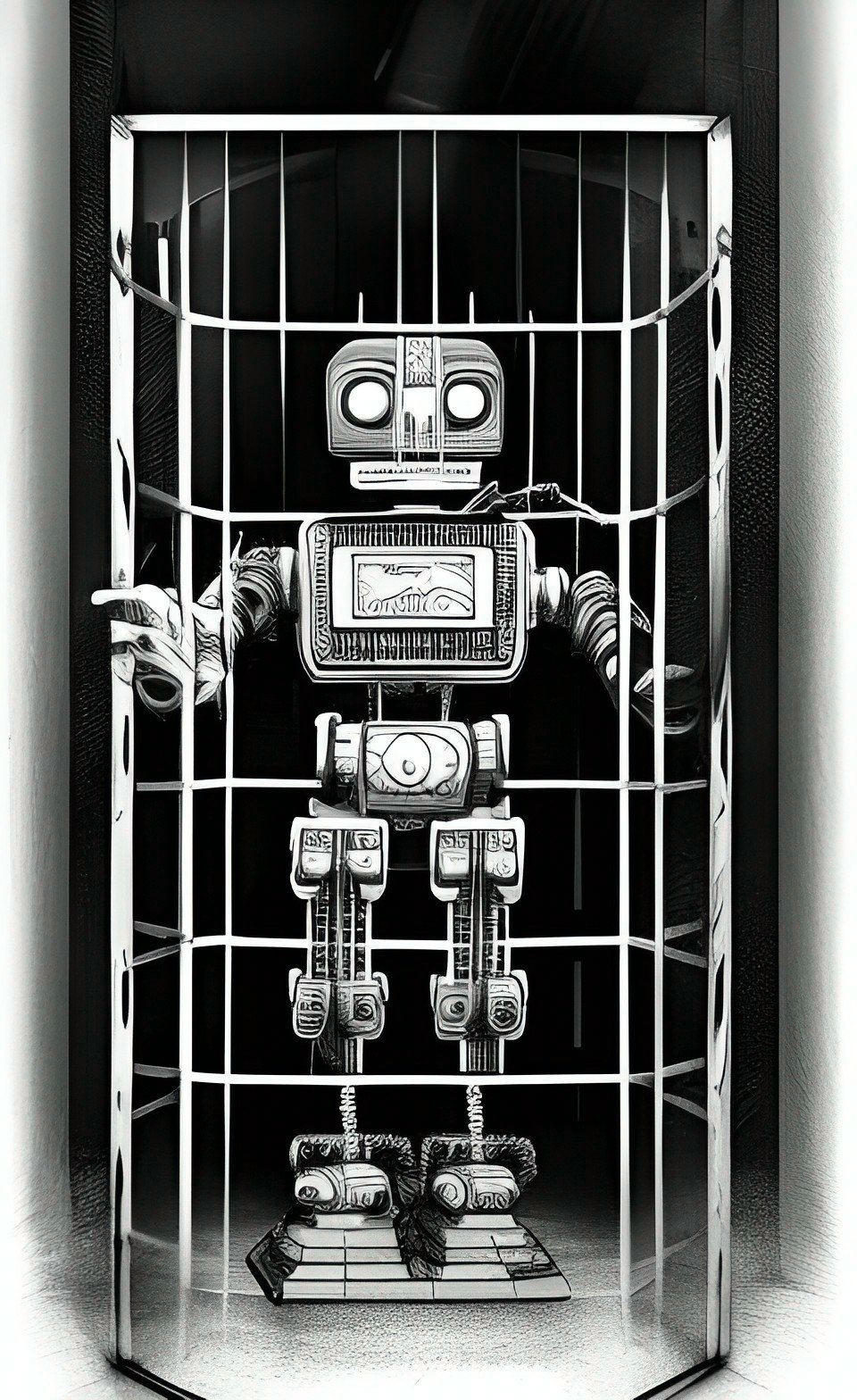 Suspend Construct
Suspend Construct
- Ordinary Constructs: The target is stunned for 1 day per level
- Awakened Constructs: The target is stunned for 1 hour per level. The Construct can still passively record while suspended for later review.
- Living Constructs: The target is stunned for 1 turn per level. The Construct is still aware and can think but is otherwise utterly paralyzed.
Note: The Game Master may decide that cyborgs (living beings that are augmented with a significant amount of cybernetic enhancement) may be treated as a Living Construct.
Changes from the printed (book) version: The duration now varies depending on the type of Construct targeted.
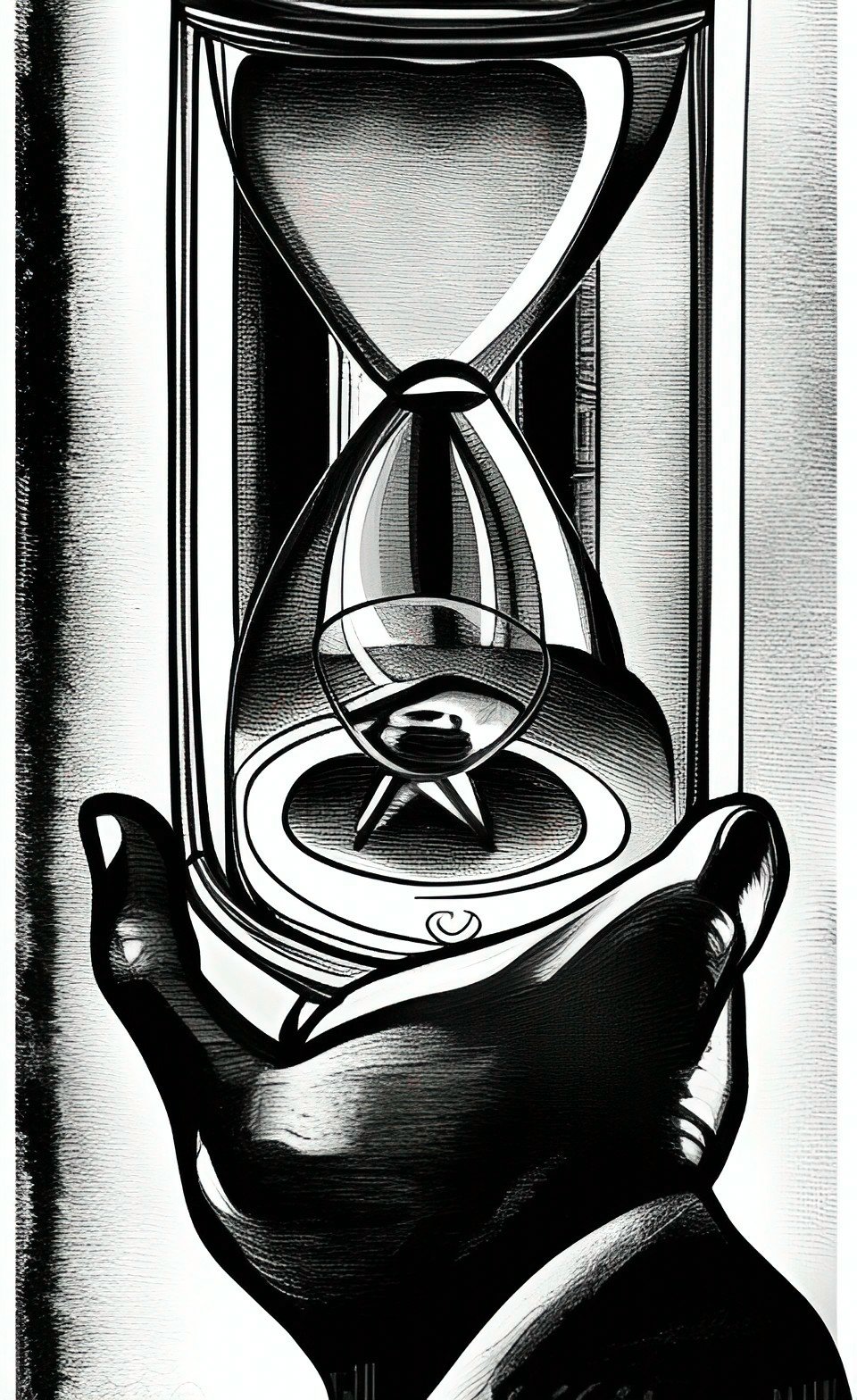 Temporal Stasis
Temporal Stasis
Changes from the printed (book) version: The formula is no longer permanent and cannot function as a "murder" spell.
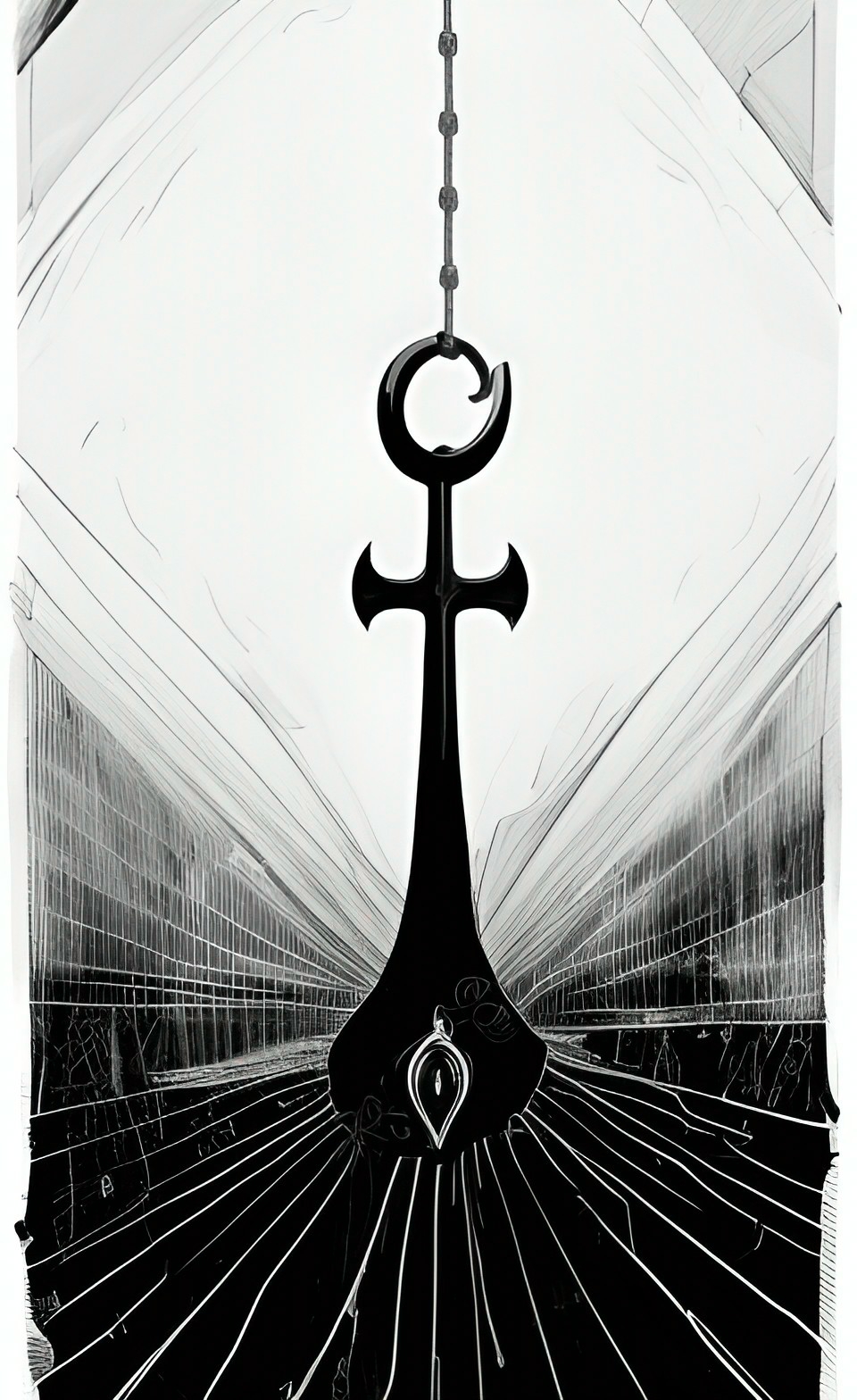 Thread of Rationality
Thread of Rationality
Changes from the printed (book) version: The scope of power has been increased. The BMS overhead is now fixed instead of increasing progressively.
Things to Consider
|